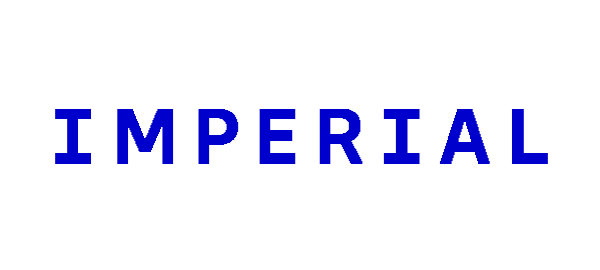“At Brunel, we recognise the importance and potential of edtech advancements, and we are keen to harness them. As part of these efforts, we are using Inkpath, an intuitive app that automates a large proportion of our training management, making it easier to collate training provision, facilitate bookings, attendance, feedback and reporting.” – Director of the
Graduate School, Brunel University London
Brunel University London, founded in 1966, is located in Uxbridge and has over 16,000 students from over 140 countries.
The challenge
As places that push research boundaries and discover cutting-edge solutions and ideas, universities are at the forefront of innovation. With that in mind, it is vital that universities look to continually improve the researcher experience to support and empower their research and foster personal development. That is why, as a signatory of the 2019 UK Concordat to Support the Career Development of Researchers, Brunel has been striving to make our researcher development and support more accessible and engaging by utilising new digital platforms and edtech solutions. These modern programs help us to promote learning opportunities which are adaptive to the changes within the higher education sector, that the pandemic has accelerated.
Real time engagement
It must be said that compared to our previous system, this service has enabled us to clearly see, in real time, the engagement from researchers for different cohorts and it ensures we readily capture their activities. For our staff, this means they can track metrics and student progress more thoroughly, allowing them to give more personalised feedback. This will be particularly useful during one-on-one sessions between researchers and development tutors, as they can analyse the collective data together and form a detailed idea of where the student is performing and what areas need to be focused on for improvement. Importantly, the researchers themselves can proactively find relevant courses, using the Inkpath app, with the aim of refining their skills.
Personalised
Due to the personalisation settings within the app, we have also been able to analyse different departments, cohorts, and academic levels, benefiting not only
reporting but also delivery, as it allows us to personalise our offering to researchers; something we could not do before. For instance, we can now analyse data to see which opportunities are popular with different cohorts and which they have benefited from, and what particular development goals they have set e.g. research management or communication.
Empowering researchers
This tool has been particularly useful, as we want to empower researchers to take more ownership of their learning and embolden them to participate in development activities that go beyond training courses or workshops. It’s not just about ticking boxes – reflecting on practices and articulating what skills they have gained from a range of career and professional development experiences is just as valuable. This enables them to consider what they have learnt and then plan the next steps. The ability to reflect in this way is a skill that will be useful for them regardless of their ultimate career choice. So far, we have seen strong user satisfaction, with the majority of our doctoral researchers proactively signing up to the platform, even before we fully switched the management of our researcher development provision to it.




